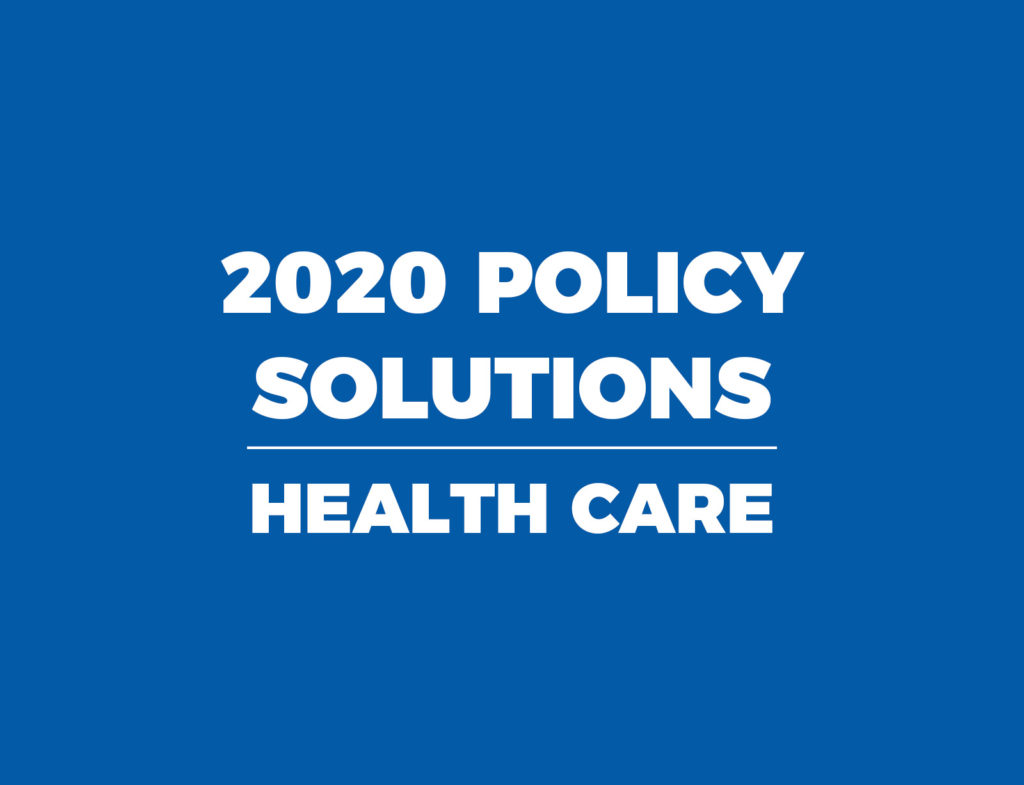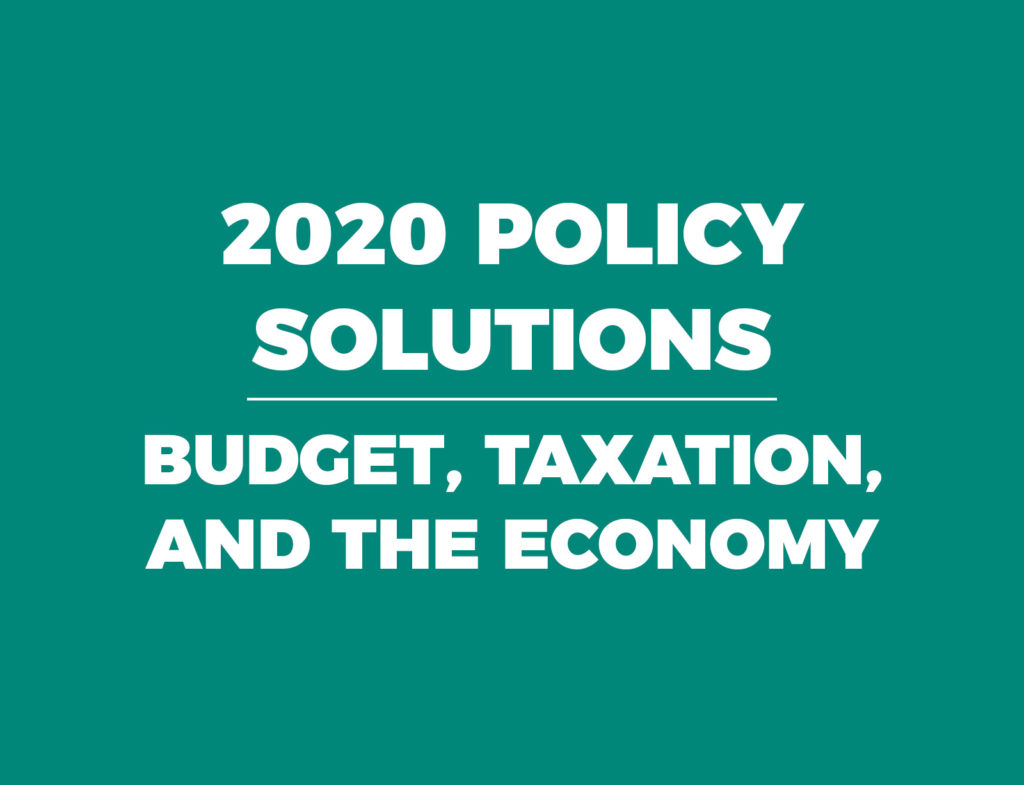Introduction
Updated as of January 2020.
Everyone in North Carolina has a self-evident, inalienable right to “the enjoyment of the fruits of their own labor.” It’s in North Carolina’s Constitution, Article I, Section 1.
Occupational licensing threatens this fundamental right. It is an entry barrier against people enjoying the fruits of their own labor in many kinds of jobs. They have to satisfy the state’s requirements before they can even start work.
Because it is an entry barrier, occupational licensing is an extreme policy option. It should be used only in extreme cases. North Carolina’s default approach to occupational regulation should be to protect occupational freedom. States grow best under policies that increase economic opportunities for everyone, promoting and encouraging competition, innovation, job growth, investment, and wealth expansion.
Occupational licensing does none of those things. Just the opposite. Decades of academic research reiterate that occupational licensing’s many barriers to entry limit the supply of competitors and drive up consumer costs for work in licensed fields.
The most consistent finding in the academic research literature is that occupational licensing boosts the earnings of people already in the profession. That’s because they face fewer competitors and get to charge consumers higher prices.
Policymakers who accept the costs of putting occupations under state licensing often believe they are ensuring safety and the quality of service provided. But does occupational licensing actually boost service safety and quality? Research findings on that question are inconclusive at best.
For workers, getting a license costs time and money: school tuition and fees to satisfy educational credits, time spent studying, sitting fees for required qualifying exams, time spent logging job experience, opportunity costs of forgone work, passing a criminal background check, and license and renewal fees.
These costs can be enormous hurdles for the poor, the less educated, minorities, mothers returning to the workforce, relocated military families, older workers seeking a new career, migrant workers, workers seeking better opportunities by moving across state lines, and even workers with conviction records unrelated to the work they seek to do.
Just how necessary are most occupational licenses? States disagree widely. Of over 1,100 state-regulated professions, only 60 (a little over 5 percent) are regulated by all states. Importantly, employment within an occupation grows 20 percent faster in states where the occupation isn’t subject to state licensing than in states where it is.
Key Facts
- North Carolina has 58 occupational licensing boards licensing at least 181 occupations, and the state licenses 22 percent of North Carolina’s workforce. North Carolina licenses three times as many occupations as South Carolina, twice as many as Virginia, and is also the 17th most restrictive state for lower-income occupations.
- In 2015 the U.S. Supreme Court ruled against the state in North Carolina Board of Dental Examiners v. Federal Trade Commission, putting licensing boards at heightened risk of federal antitrust violations.
- Many states have reformed their licensing regimes since N.C. Dental. Some de-licensed occupations (most notably, Rhode Island eliminated 27 licenses). Nebraska, Idaho, and Ohio instituted sunset with periodic review of occupational licenses. Arizona instituted reciprocity for other states’ licenses, as did New Mexico, which added consumer choice with non-license disclosure agreements. Arizona and Tennessee passed Right to Earn a Living Acts, and Mississippi passed similar reforms.
- Model legislation known as the Right to Earn a Living Act makes occupational licensing the regulation of last resort, and then only if ensuring public safety and health cannot be met by other, less intrusive state regulations. These include inspections, bonding, registration, recognizing certification, and a stronger deceptive trade practices act. Unlike licensing, none of these are entry regulations
Recommendations
- North Carolina’s default policy option should be occupational freedom, trusting competitive forces, consumers, information providers, and the courts. If legitimate, serious safety concerns are identified, policymakers have several policy options other than licensing that still preserve occupational freedom.
- Adopt a Right to Earn a Living Act approach to protect people’s freedoms to work and to choose. Make licensing the policy of last resort. If state regulation proves necessary, gear it to (a) match the regulation to the concern and then (b) go no further.
- Subject all licensing boards and their licenses to periodic review, eliminating those that are questionable.
- Work with licensing boards to make acquiring licenses less costly and burdensome. Options include lowering fees, reducing education/experience requirements, reducing examination requirements when possible, and expanding recognition of other states’ licenses.



